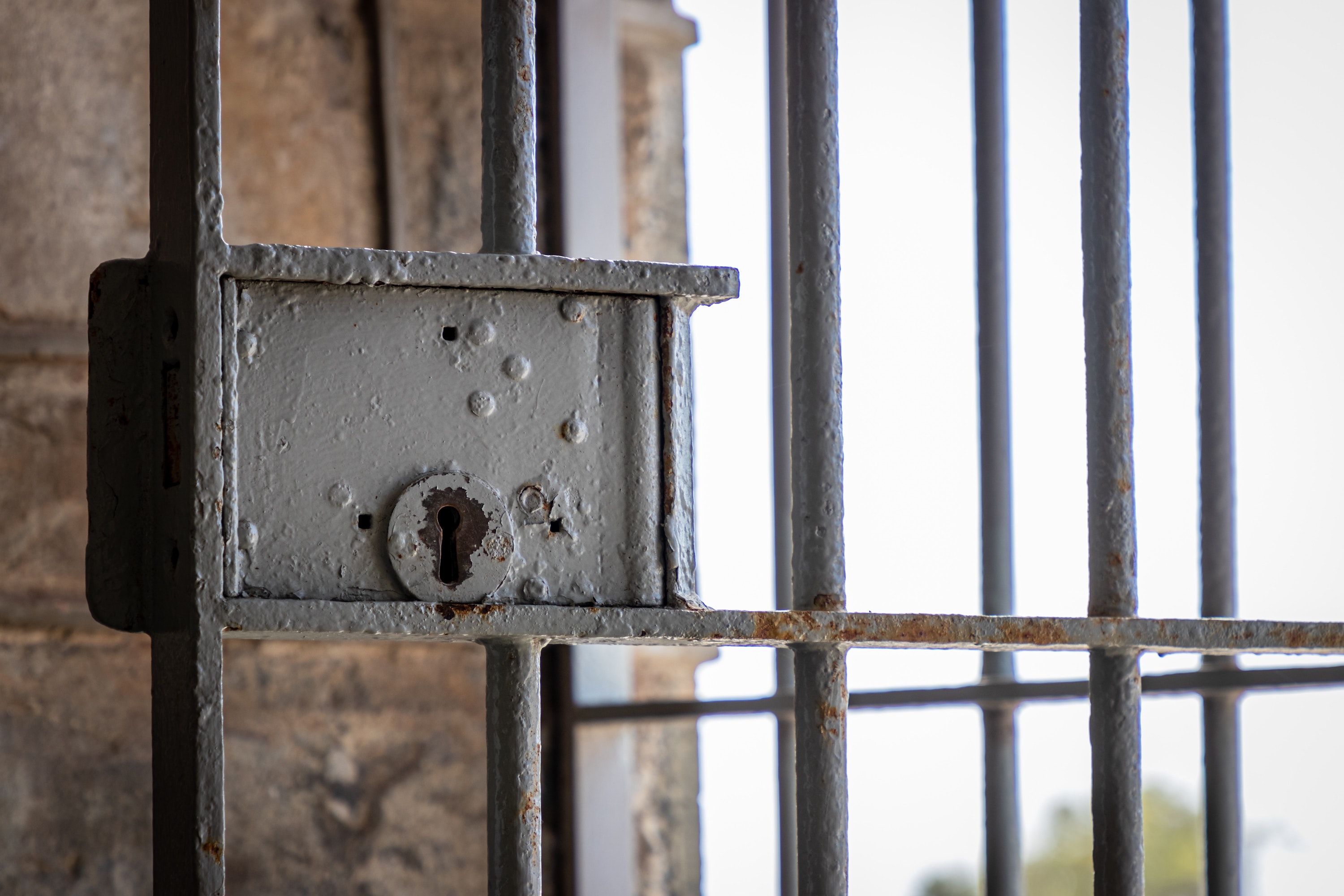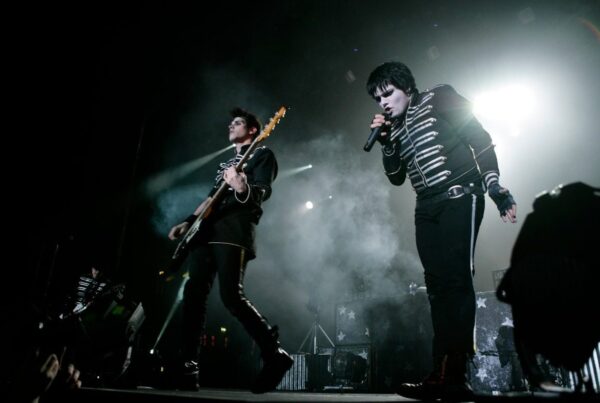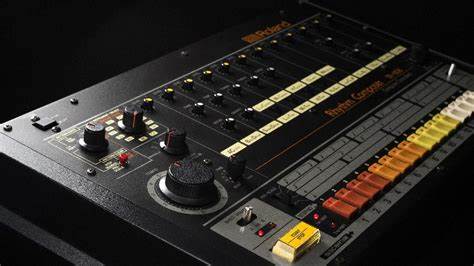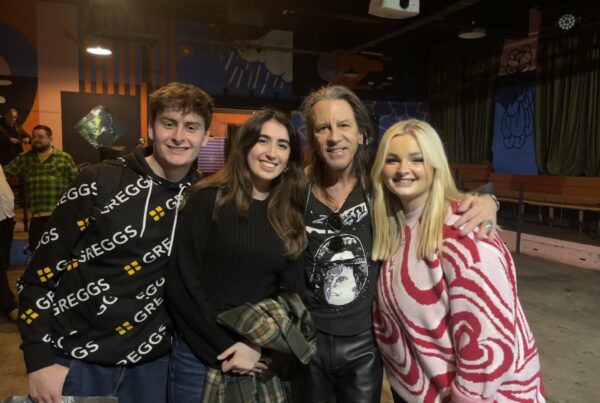Article by Marc-Antony Gross
Whether it be John and Alan Lomax’s song collecting forays into the Prison Farms of the Deep South; the subsequent discovery of Lead Belly; that iconic image of Elvis Presley amid a giant stage set of bars; the final scene of The Blues Brother, mirroring Johnny Cash in San Quentin; or the less savoury thought of the likes of DMX and Phil Specter currently serving jail sentences; it seems that music and prison have always gone hand in hand – but what is the reality?
There are currently almost 92,500 people in UK prisons. Whatever one’s thoughts on the subject, it cannot denied that the majority of the prison population has been disadvantaged in one or more ways. Whether it be a lack of access to education, poor mental health, poverty, lack of employment opportunities, or any other of society’s many other shortcomings, Prisoners in the UK are generally from a disadvantaged background. With reoffending rates currently estimated to be between 30 – 45 percent , prisoners can be locked into a seemingly unbreakable vicious cycle of crime.
In order to address these rates of reoffending, and in an attempt to engage prisoners in useful viable learning opportunities there is an increase in the use of non-traditional external collaborative interventions. These are seen to increase access to formal and non-formal education, build self confidence, and work in collaborative environments, which ultimately leads to a vast reduction in issues within prisons and helps to address reoffending rates through the gate. These interventions need to be accessible to the prisoners as a whole, using, as it were, a universal language available to prisoners, prison-leavers and the outside world. One such language is music, which is why there are currently very many music, music production, and recording projects running in UK prisons.
Many organisations such as The Irene Taylor Trust and ChangingTunes take musicians and engineers into prisons to workshop, write and record music, all to a professional standard. In providing transformative music and mentoring sessions for men, women and young people in the prison system and post-release, the work they do has real world impact. It work enables prisoners to unlock their potential for change, helps prisoners to develop skills that will not only aid them in the outside world, but will help break the cycle of reoffending. As well as having positive real-time effect on their time in prison. For example reoffending rates for participants in the Changing Tunes program, which runs throughout 14 UK prisons an 2 Community Hubs, have reduced to 15%, which is a testament to the success of these schemes.
“The sheer joy of being able to create music was incredibly validating. Regardless of what else happens to me whilst in prison, this is something that has enriched me and … has helped me re-evaluate a lot of things about me.”
Music in Prisons Participant
Although the focus is on the music, it is the principles that underscore the work, that address the social and personal problems within the prison population. Working on these schemes give prisoners self belief, teaches them collaborative skills, and teaches them social and entrepreneurial skills that they can take out into the world upon release.
“What I took from … [ITT Music In Prisons] … was a large cup of hope, some restoration of self belief. An injection of confidence, and I feel pride. Feelings of which have been absent for some time….”
Irene Taylor Trust Participant
Far from being an easy option though these projects are challenging, requiring participants to step right outside their comfort zones and demonstrate dedication, bravery, empathy and respect for each other’s ideas in order to successfully create, rehearse and perform their new music – all counter intuitive within the often oppressive and alienating environment of incarceration.
“I consider it a privilege to be involved in work that allows me to witness people changing as they discover the wealth of resources that they have inside them, possibly ones that they had no idea they could access.”
Rex Horan, Project Leader
Another charity organisation working in the sector, HDMT Music, is set to publish findings from its pioneering music and resettlement project, One Spirit, now in its tenth year. An external evaluation of the project carried out by Dr Anthony Gunter, from the University of East London, suggests that the reoffending rate of these participants is only 10 percent, as opposed to the national average for children of 68 percent. With 58 percent in employment, and another 29 percent in further education or training, the through the gate statistics bear out the general idea that music making schemes have a positive effect on prisoners and prison-leavers.
In the last year alone, One Spirit has reached 177 young people from three prisons, HMYOI Feltham, HMYOI Cookham Wood and HMP Highdown. The project uses a framework of music, creative and arts activities to support personal wellbeing and develop a range of skills. The results of the project speak for themselves, the “through the gate” programme has helped 37 young men make and record music, as well as to search for jobs, prepare for interviews or access business advice.
Among the diverse music projects there is even a Prison Record Label. Launched in 2017, InHouse Records was the brainchild of former music industry executive Judah Armani. With backing from a roster of corporate supporters such as music giant Universal, and Fender Guitars, as well as the four prisons involved, InHouse’s work with prisoners spans all aspects of the music industry, from songwriting and artist management through to recording and post-production
“No one has done this before. No one has created a record label that will release music for public consumption that could then create opportunities and jobs for people in prison. That feels kind of dangerous.”
Judah Armani, Founder: InHouse Records
What InHouse focus on are positives, trying to identify the Wrong, rather than the Wrong in the prisoners’ lives. Prisoners write songs of hope and aspiration as well as of struggles and regret. “Songs that glorify violence or put gangs in a positive light? We’re just not interested in putting that kind of music out.” Says Armani, “We’re all about making sense of people’s pasts and helping create more aspirational futures,”
And that sentiment runs through all the projects in the field. Giving a focus, learning new transferable skills for life both in prison and through the gate. Participants are able to reenter society with a new purpose. Some prisoners have followed the schemes in a natural curve post-release, joining the organisations that helped them. They are now mentoring the next batch of participants. The lived experience of these former members is proving to be a valuable and vital tool in the continued success of the music programs in the UK prisons.



